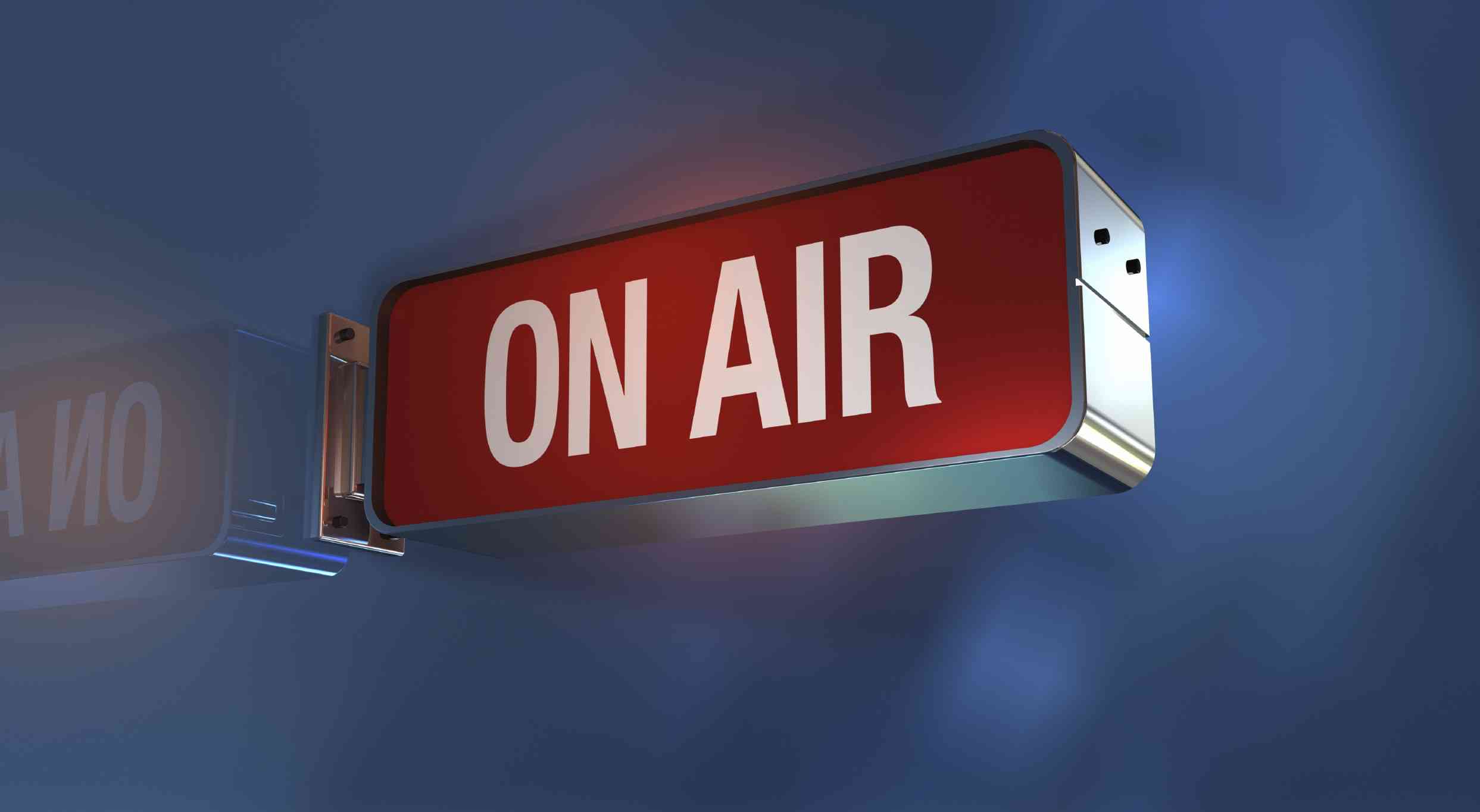Media Training
Media Training: Manage the Message

The red light comes on, the interviewer fires a question at you that you didn’t see coming, you stumble and fumble and at the end of the media interview you are wishing for a “do-over.”
One bad interview is all it takes for media training to become your biggest priority – don’t wait until you’re trying to recover from a bad one to learn the skills to nail your time in the spotlight with a good interview every time. If you invest in bringing in the pros proactively now, you can protect your company from a media disaster later.
Why Media Training is Important
Telephone interviews, internet interviews, email interviews, and press conferences. Live TV, talk shows, newspaper and magazine articles, radio shows. And everyone’s favorite: the “ambush” or crisis interview.
There are a LOT of ways you can put your foot in your mouth and then watch as it is repeated in seemingly every way it can be shouted, printed, and shared, in the blink of an eye.
At any given point, you or your employees, and consequently your company, may be thrust into the spotlight for any of these media – or all of them – and it can have a major impact on your reputation and subsequent business. You and your employees must be equipped to successfully navigate through these waters, or the consequences can be devastating. Many a career and business has been taken down by a bad 15 minutes of fame.
A hostile interview is a thing that really does happen – just ask any person or company that has been brought down by one because they weren’t prepared. If you go into an interview unprepared or unaware, you could run into an “ambush”, and your company could face serious consequences and damages.
Good media training is designed to do one thing above all else: keep you from making the mistakes that everyone makes when in the spotlight of the media, ensuring your moment of exposure is a successful one for your company – not a disaster.
Who Should Get Media Training
In short, every person who could end up in the media speaking on behalf of your company should be given proper media training. The people we are used to seeing on TV or reading about in print are usually professionals who are actively trained to communicate in the public spotlight.
Your employees may be some of the best professionals in their field, but their function is not necessarily one that regularly requires being in the media or speaking with the press.
Consequently, a person may be a great speaker in the office or at group meetings, but they may not handle things with the same panache when the video camera, lights, and microphones come on.
This is all the more true in an unforeseen emergency or crisis situation, when everyone is already upset and flustered, and suddenly all eyes (and cameras) are on them. How will your people respond?
Do they know how to develop a strong message and deliver it in a compelling way? Do they have the skills to structure a solid interview, handle tough questions on the fly with ease, identify loaded questions, and tell a good, strong story that will be remembered, create good sound bites that reporters can use? Do they know how to reduce nervousness, improve body language and look good on TV? Can they create good sound bites for your company that the media can use effectively?
Proper, professional training to give you and your employees the knowledge of what to say and how to say it will ensure the message is delivered with competence and confidence, and that your business will come out on top, no matter what the circumstances.
How We Can Help: Media Training
The next time you need to face the media be sure you have something to say, say it well and make it memorable. Whether through one-on-one coaching or group training sessions, this process will help you:
- Understand the Media
- Manage your Message
- Deliver in a compelling way
- Be quotable
- Structure a great interview
- Handle tough questions with ease
- Tell a story that will be remembered
- Connect the dots between your message, the media and results.





